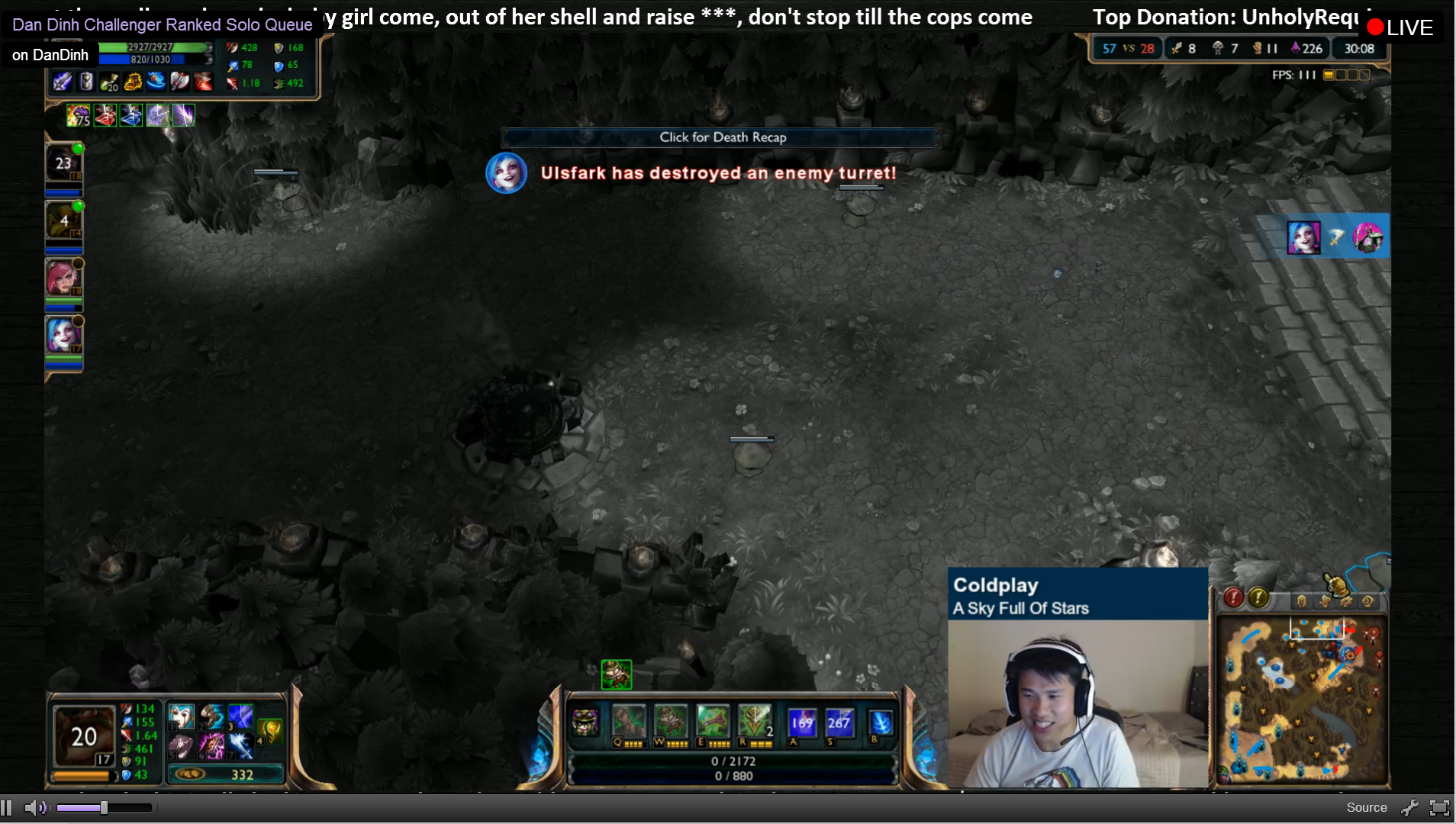That stereotypical picture of gamers that you probably have in your head is no longer relevant.
Gameplay-livestreaming website Twitch recently commissioned a study of gamers by Neil Howe, who coined the term “millennial.” The researcher looked into the attitudes and outlooks of people who play games and those who don’t, and he found that gamers are not the basement-dwellers that pop culture lazily paints them as. Instead, gamers tend to have a better relationship with their friends and family. This highlights how young people are growing up with a full acceptance of video games, but it also suggests the need for a social platform where gamers can gather — some place like Twitch.

Unlock premium content and VIP community perks with GB M A X!
Join now to enjoy our free and premium membership perks.
![]()

![]()